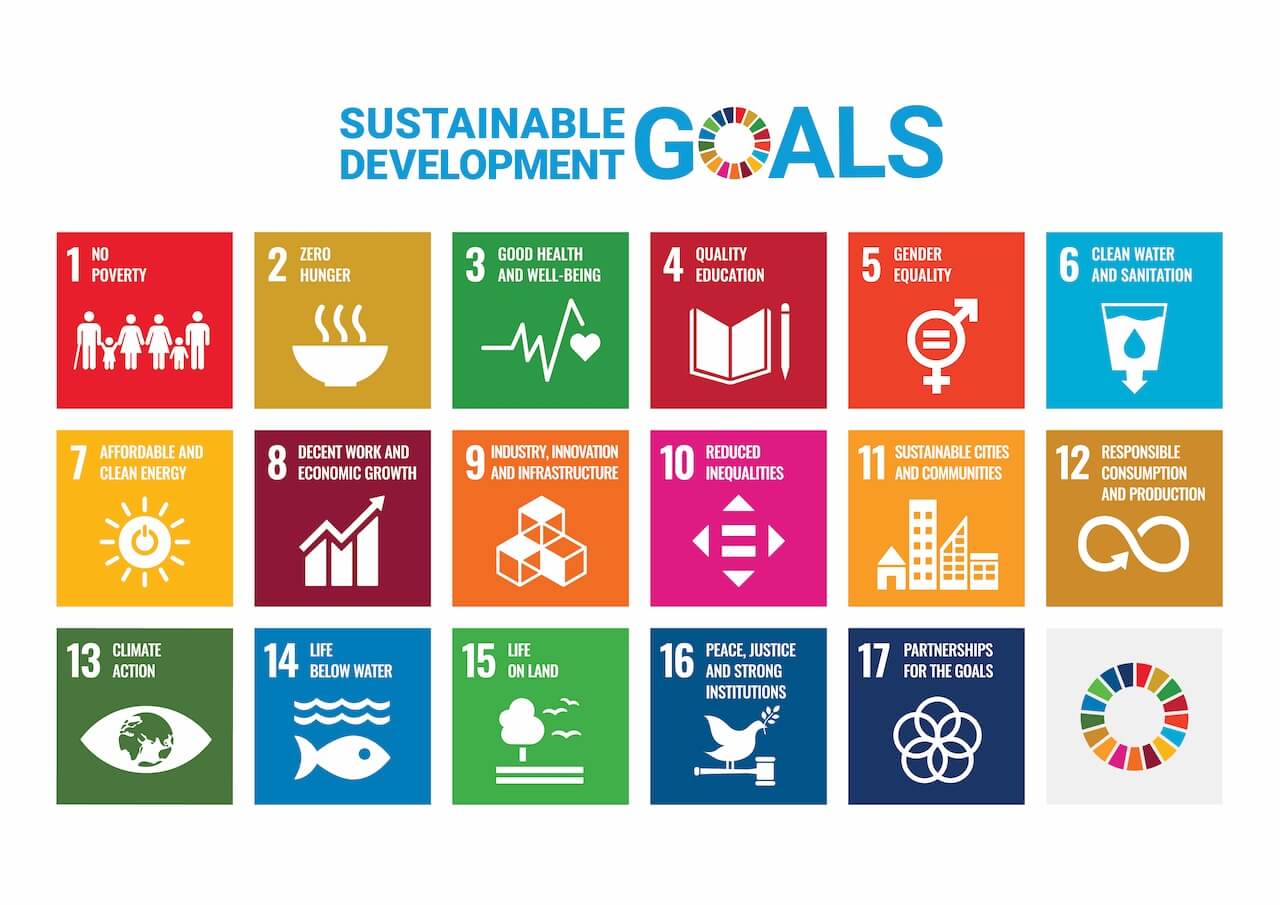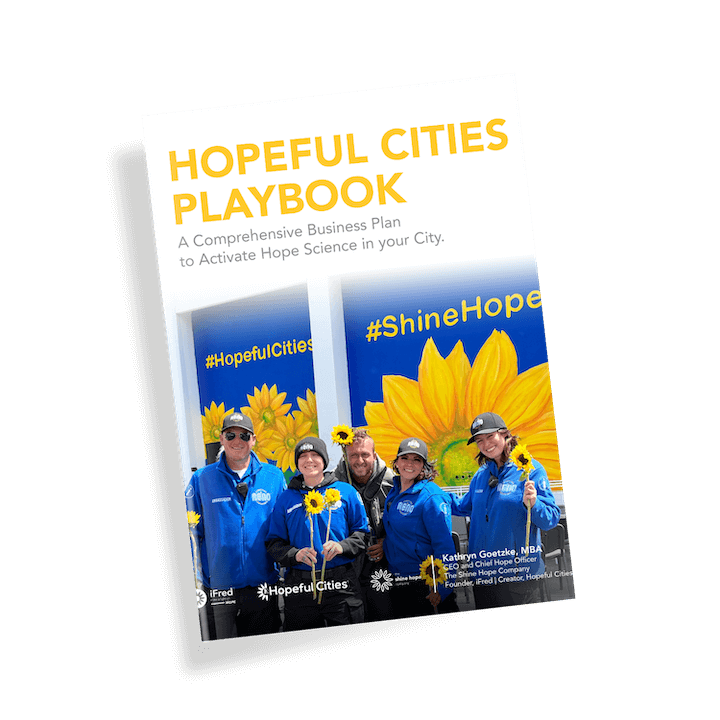Our Why
Hopelessness, defined as emotional despair and motivational helplessness, impacts our cities. Every single person experiences moments of hopelessness, big or small, from as simple as traffic or missing a bus to something big like failing a test, or losing a job or a loved one. Left unmanaged, these moments of hopelessness can turn into persistent hopelessness, and persistent hopelessness is linked to many adverse outcomes that directly affect cities, such as economic decline, increased crime rate, addiction, and impacts the mental health and overall well-being of residents.
The antidote to hopelessness is hope, defined in our work as a vision for something in the future, fueled by positive feelings and inspired actions. As we have shown, hope is a teachable, measurable, and learnable skill; however, we are not taught how to hope in school. Research has consistently demonstrated the power of hope as it relates to improved productivity, retention, education outcomes, mental health, safety, and health while decreasing addiction, violence, and recidivism.
Hope is also critical to all Sustainable Development Goals (SDGs) set for by the United Nations. Individuals who are hopeful set and achieve their goals while managing challenges and maintaining a positive mindset; these are crucial aspects of the goal attainment strategies needed to meet the SDGs. Further, lack of goal attainment can lead to clinical anxiety and depression, and based on recent reports we must ensure all working on SDGs are equipped with skills to proactively manage these challenges and activate hope.


Every person must be taught hope. We don’t wait until someone is sick or violent; we use these skills as preventative, proactive tools to cultivate that activates hope together. Our Shine Hope Framework, uses consistent language in all our programming, includes teaching Stress Skills, Happiness Habits, Inspired Actions, Nourishing Networks, and Eliminating Challenges, and we aim to ensure all know where to go for support in your city before a crisis occurs.
Through this Hopeful Cities Playbook, we aim to give cities tools to ignite a transformative movement centered on activating hope within every individual and community. We are empowering cities with hope programming to amplify hope science in the following six sectors: government, science, healthcare, education, art, and the workplace.
